Common boiler problems in winter
As winter approaches, many households across the UK start to rely heavily on their boilers for warmth and hot water. However, the increased demand and harsh weather conditions can often lead to a variety of boiler problems. In this comprehensive guide, we will explore some of the most common boiler issues that occur during the winter months, their causes, and potential solutions.
1. Boiler Keeps Switching Itself Off
This is a common problem that many homeowners face during the winter. If your boiler keeps turning off by itself, it could be due to low water pressure, a problem with the thermostat or a lack of water flow due to a closed valve. In some cases, it could also be due to an issue with the pump which prevents the hot water from being circulated properly.
Low water pressure can be easily identified by looking at the pressure gauge on your boiler. If it’s below 1, it’s considered low. You can try repressurising the boiler yourself or call a professional if you’re not confident. If the problem is with the thermostat, you may need to replace it. For issues related to the valve or pump, it’s best to get a professional to inspect it.
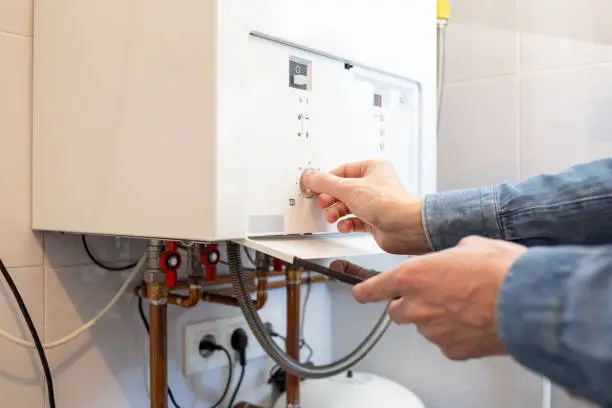
2. Frozen Condensate Pipe
The condensate pipe is a part of your boiler that removes acidic water produced from the condensing process. During winter, this pipe can freeze and cause a blockage, leading to your boiler breaking down. This is a common issue with condensing boilers, especially during extreme cold weather.
If your boiler is displaying a fault code or ‘F’ message, it could be due to a frozen condensate pipe. You can try to thaw the pipe yourself using a hot water bottle or a heat wrap. However, be careful not to use boiling water as it can crack the pipe. If you’re unsure, it’s always best to call a professional.
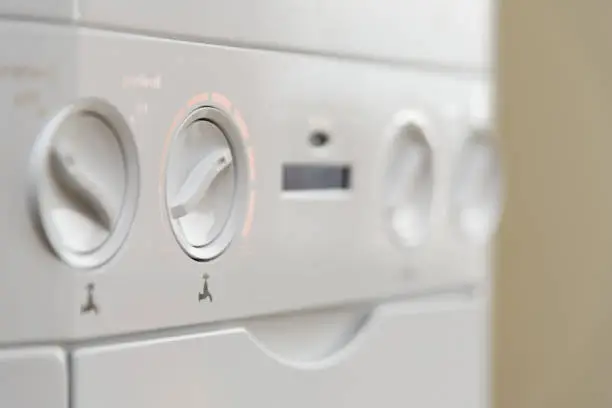
3. Boiler Making Strange Noises
Boilers can often start making strange noises in winter due to a variety of reasons. This could be due to low water pressure, air in the system or boiler kettling. Boiler kettling is when limescale or sludge builds up on your boiler’s heat exchanger.
Low water pressure and air in the system can be fixed by repressurising your boiler or bleeding your radiators. However, boiler kettling is a more serious issue that can cause significant damage to your boiler if not addressed promptly. It’s best to get a professional to flush the system to remove the build-up.
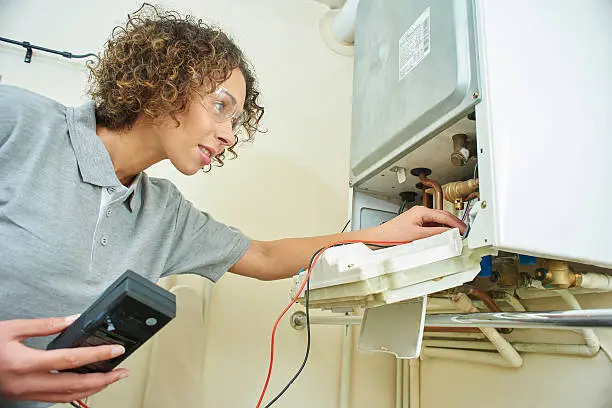
4. Radiators Not Heating Up
If your radiators are not heating up properly, it could be due to trapped air, a problem with the pump, or an issue with the boiler itself. You can try bleeding the radiators to remove any trapped air. If this doesn’t work, it could be a more serious issue that requires professional help.
It’s also worth checking if your boiler is working properly. If the boiler is fine, the problem could be with the pump. In this case, you’ll need to get a professional to inspect it.
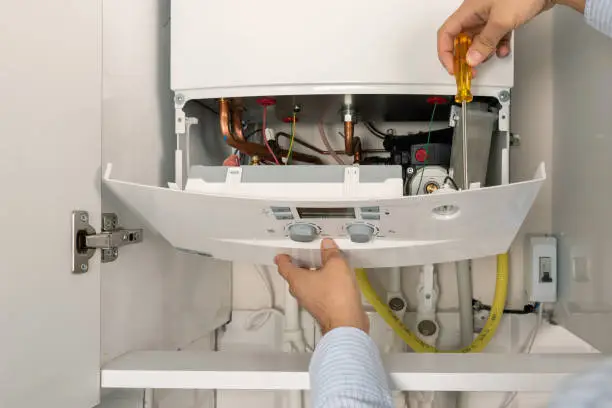
5. Boiler Losing Pressure
A boiler losing pressure is a common issue that can occur in winter. This could be due to a leak in the system, a faulty pressure relief valve or a problem with the expansion vessel. You can try repressurising the boiler yourself, but if the problem persists, it’s best to call a professional.
Leaks can often be spotted by looking for damp patches around the pipes, radiators and boiler. If you find a leak, it’s important to get it fixed as soon as possible to prevent further damage. If the issue is with the pressure relief valve or expansion vessel, a professional will need to replace it.
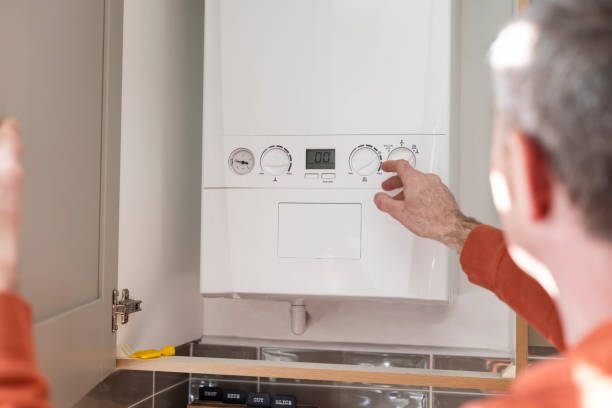
Boiler problems in winter can cause a great deal of inconvenience and discomfort. However, by being aware of the common issues, their causes and potential solutions, you can take proactive measures to prevent them or deal with them effectively when they occur.
While some issues can be fixed by homeowners themselves, many require the expertise of a professional. It’s always best to get your boiler serviced regularly by a qualified engineer to ensure it’s in good working condition and to prevent any potential issues from escalating.


